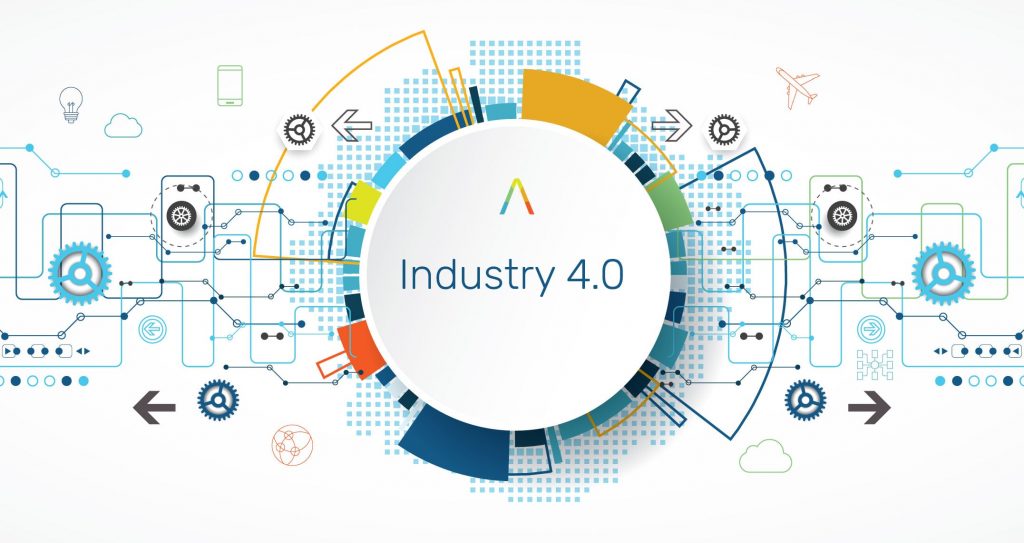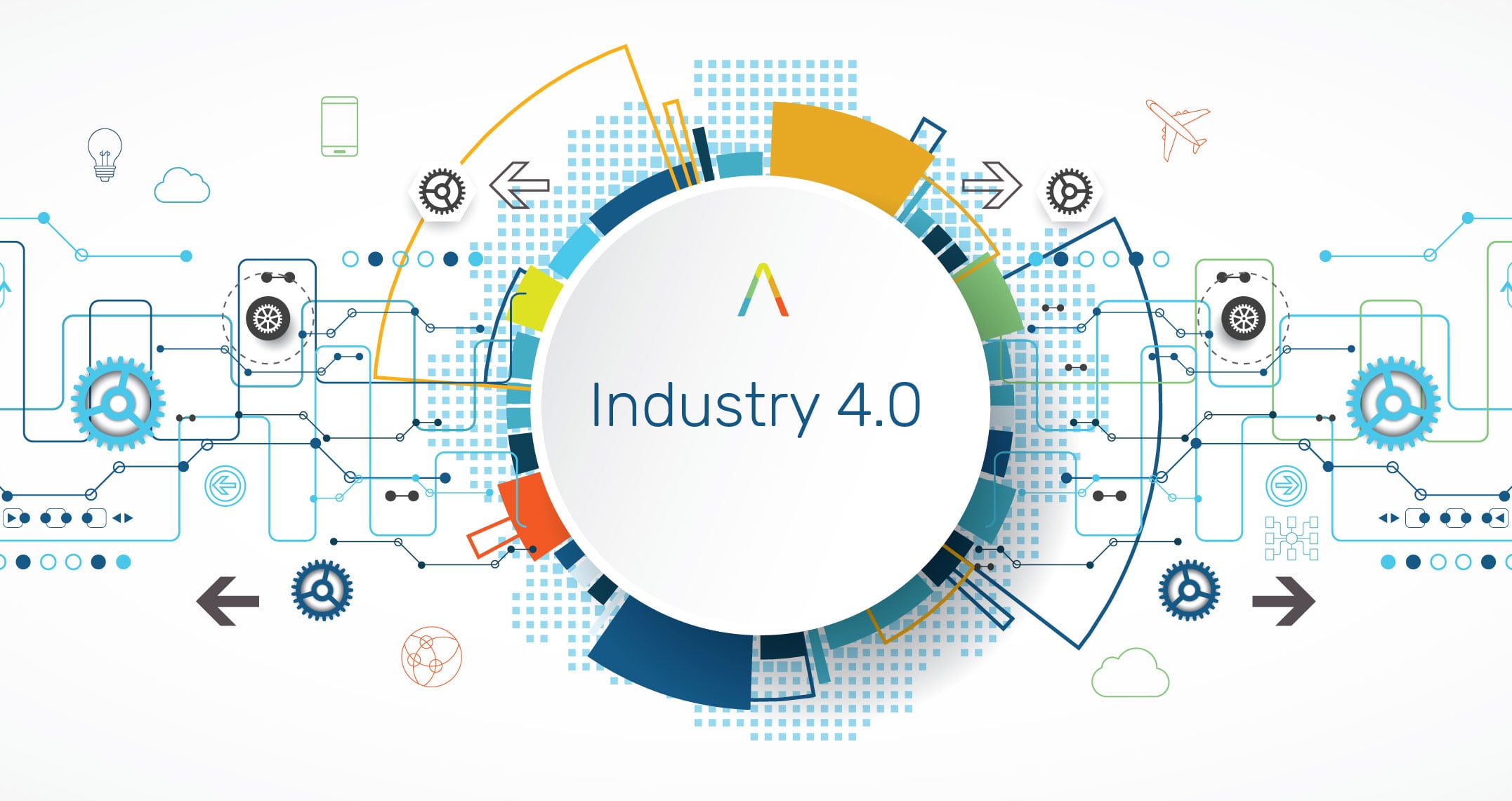
The concept of Industrial Revolution (IR) 4.0 was first formulated in Germany in 2011 and it has now become talk of the day nationally and internationally. IR 4.0 is expected to connect, integrate and automate everything on a grand scale including man, machine, manufacturing process, factory, products, logistics, customers and the total value chain. Klaus Schwab, Head of the World Economic Forum said, “We stand on the brink of a technological revolution that will fundamentally alter the way we live, work, and relate to one another. In its scale, scope, and complexity, the transformation will be unlike anything humankind has experienced before.”
The Industrial Revolution 4.0 has recently been able to introduce a new thought in educational transformation and many education experts agree that education 4.0 will be figured out by innovations and will surely have to train students to innovate new things and ideas. In the context of Bangladesh, it is well known to all of us that we have already experienced three industrial revolutions and have received their impacts positively.
“Industry 4.0” or the fourth industrial revolution – driven by artificial intelligence and cyber-physical system – will definitely create an impact on industries of the world in every sense. Industry 4.0 evolved at a quick pace unlike the three previous industrial revolutions. It is because of the varied and inter-connected nature of the world that advancement of technology demands more capable and new technologies. Hence, “Industry 4.0” will create impacts, especially on the higher education sector.
At the earliest stages, university education was offered only to a small group of rich people who were basically from the ruling class. In course of time, the need of educated and skilled people has increased. This necessity itself targeted preparing mass people to bring out a wide range of highly educated and technical persons in the late twentieth century. If we observe the relationship between education and the society since that time, we can see that education follows economic and political trends.
This observation would help us assume the future of higher education in the fourth industrial revolution. It is predictable that it would transform the entire education system, corporate houses, industry and society – that means the whole world. Now, we are facing a new world which is transformed by technology, especially information technology. The internet, cloud computing, and social media are creating varied scopes and challenges to formal education system at the higher level. New technology of wearable devices is dominating the way of teaching university students.
As a result, universities are facing a challenge of offering education that can produce graduates having a good grasp of modern technology. Now, by creating virtual environment of class, laboratory and any form and structure prevalent in educational institutions, students’ sense and interaction can be enhanced through Augmented Reality (AR). The results are visible – online courses from domestic and foreign institutions are pursued by many students. Moreover, new technology will indeed create a challenge for many educational institutions which will not adapt themselves to those and, for that, will not be able to enjoy the benefits of offering online courses, versatile degrees, programmes in limited lectures and teaching extra students by faculty members.
What can we do under these circumstances? I think, we can welcome the development of technology and prepare ourselves in such a way that the benefits of Industry 4.0 can be enjoyed. Educational institutions can prepare their lesson plans befitting with Industry 4.0 and nurture the youth to develop innovative talents like high level experts, scientists and technologists, so that they can be essential for any country in availing itself of the opportunities.
In this regard, educational institutions should establish various kinds of institutional linkages both domestically and internationally. These will help to offer more versatile degrees, programmes and professional courses beneficial for students and faculty members. Moreover, educational institutions should also make efforts for research and development to fulfil the need of Industry 4.0 and sustain in the world of higher education. We must understand the need of time. Our higher education system needs to adopt and transform the teaching method and learning environment for the benefit of all.
I would like to say that critical thinking, intelligence, management, judgment, and welcoming gesture for modern technology should be encouraged so that higher education will be meaningful for the learners and institutions will also be benefited. It is very important to provide the future workforce with appropriate education and many researchers predict that IR 4.0 will require profound changes in major aspects of education such as content, delivery, pedagogy, structure, and management of education. Above all, IR 4.0 will also require human resources with adequate digital and data literacy.
Author: Prof. Dr. Eaysmin Ara Lekha
Pro Vice-Chancellor, Uttara University, Dhaka
